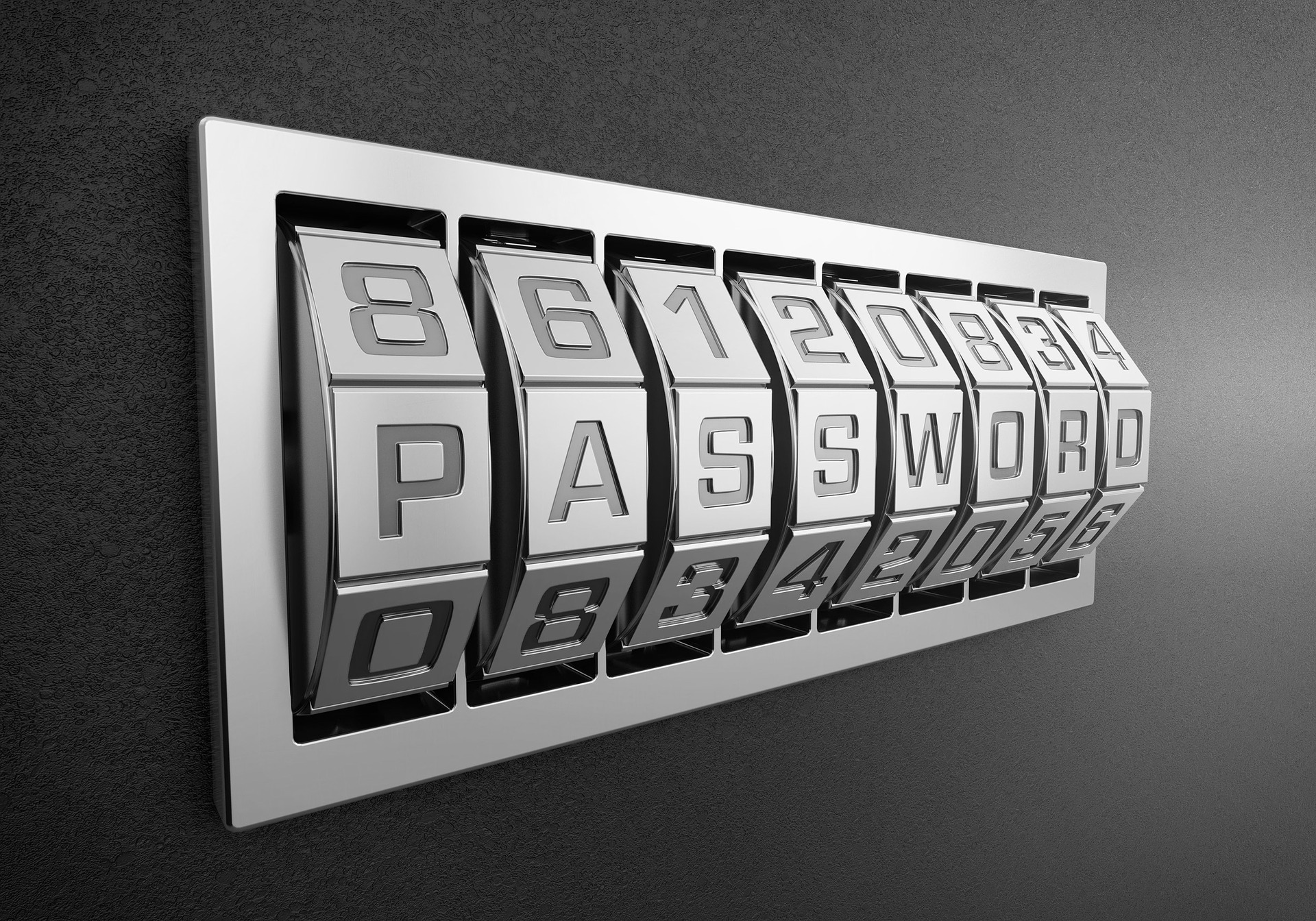As of late we have noticed many attempts to compromise accounts for malicious reasons. The best protection against hackers and malicious actors is using a secure password. Here are some tips and best practices to protect your online identity and accounts.
- Avoid simple passwords
Simple passwords make hackers jobs easier. Passwords with one word, names, & consecutive letters or numbers are not secure. - Do not use personal information
Avoid using passwords with your birthday, important year, age or phone number. This information may be readily available online for anyone to view. - Use unique passwords for every account
Using the same password or old passwords makes it very easy for someone to compromise multiple accounts. - Create complex passwords
For the best security use a mixture of random Uppercase letters, lowercase letters, numbers and symbols for your passwords. - Use a password manager
To avoid having to remember a random passwords, make use of built in browser tools or password managers. Some common password managers are Keeper, Dashlane, LastPass & 1Password. Be sure these are protected with a secure password! - Enable Two Factor authentication on all supported accounts
Two factor authentication ensures you are the person accessing your account. You will receive a code on your phone or email, or can use an authenticator app. Even if an account password is compromised, nobody can log on with a new device without these temporary codes. - Use secure biometric passwords
Most devices allow you to easily log in with a fingerprint or your face. - Protect your passwords
Most companies will not ask for personal information on the phone, especially with a cold call. If you receive an unexpected phone call asking for personal information or passwords do not give out this information.
Following these simple rules will help secure your accounts. As always this does not guarantee complete protection but will go a long way towards keeping your passwords and online identity safe. Thanks for reading!


Recent Comments